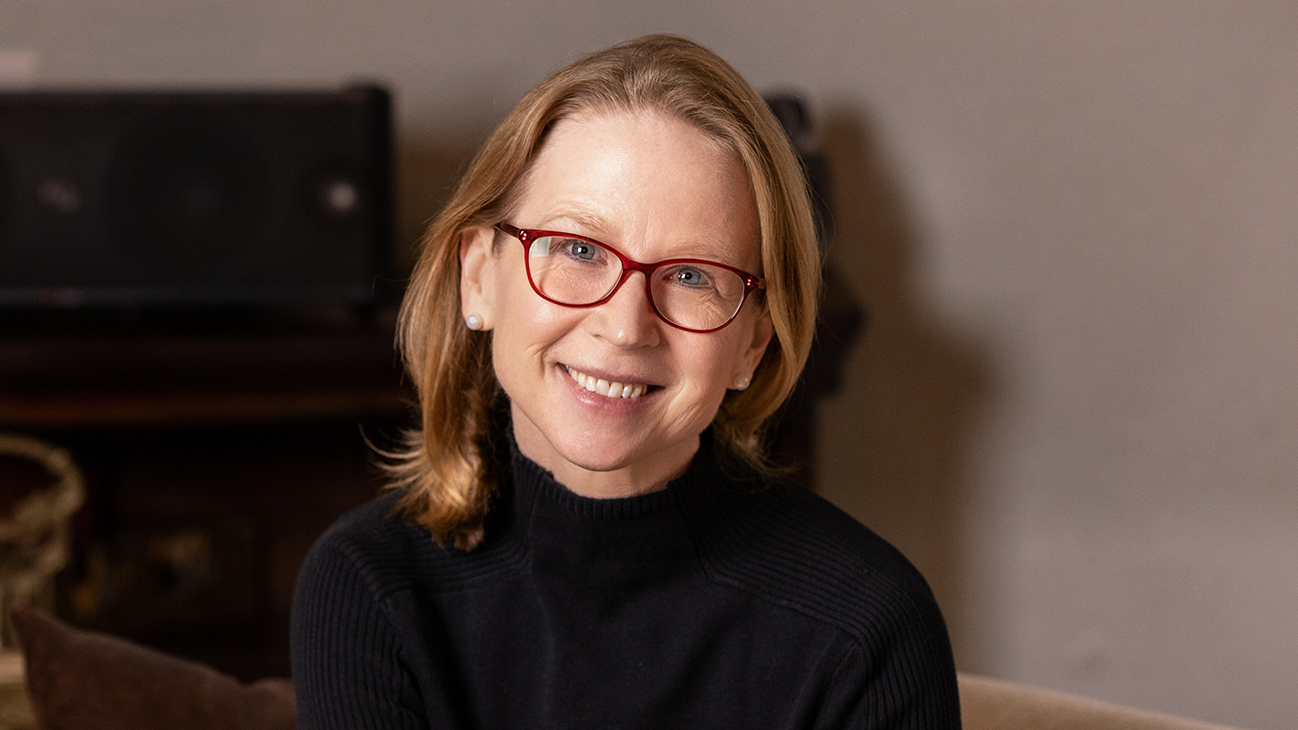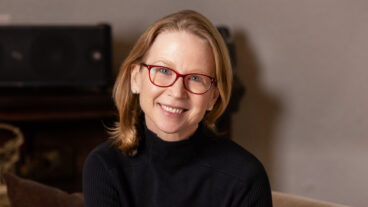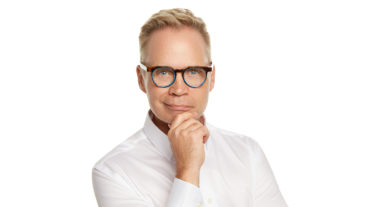Change happens, whether we want it to or not. And when it pops up unexpectedly, as it so often does, we have two options: we can stick our heads in the sand, or, as change navigation expert April Rinne says, we can see it for what it is — an opportunity to evolve and grow.
As a global authority on the future of working and navigating constant change, April helps audiences change how they view change. She draws from nearly 30 years of experience working and traveling in 100+ countries, as well as insights from her bestselling book, Flux: 8 Superpowers for Thriving in Constant Change, to be our #1 guide to navigating today’s uncertain world.
April recently presented her most popular keynote “Beyond the Ladder: The Future of Talent and Careers” at LinkedIn’s Talent Connect 2023. She shared four tips to help shift our mindset about change, while exploring the need to ditch “career ladders” for “career portfolios” in the future of work.
April started her presentation by saying she was going to help the audience fall in love with change. “When you do that,” she said, “you can improve your tolerance for uncertainty and harness the unknown to drive positive change.” So, here’s April’s four tips to help you do just that.
Four Tips to Change How You View Change
1. Consider Your Ability to Embrace Change a Valuable Skill
“In a skills-first world, embracing change is the number one skill we need,” April said. “And it comes from the inside out.” People struggle with change because it’s so often out of our control, she continued, which scares us.
“But when we embrace change,” April said, “we create newness and growth.” When we move ourselves from being a passive participant of change to being an active participant, we tend to view it more positively.
2. View Change with Hope, Rather Than Fear
“One of the most important factors in whether we love or hate change, whether we embrace it or resist it,” April said, “is if we see it from a place of hope or fear.”
By purposely flipping your perspective on change, you can influence how you respond to it. Fear shuts us down while hope lights us up, April continued. It sparks creativity and signals an openness and willingness to try new things. It’s not “naïve hope”, she added, it’s “hope that’s done its homework.”
3. Exhibit Curiosity
If hope is too hard at first, April said, try curiosity. Respond to change with questions — what does it entail? How might it make your life better? Does your culture have traditions that can help you navigate uncertainty?
For example, April said, Japan has the concept of “wabi-sabi”, which celebrates impermanence, imperfection, and the transitory nature of all things. Similar concepts exist in cultures around the world and can help ground us in times of change.
“My point,” April said, “is simply that curiosity and culture can go a long way toward hope and driving change.”
4. Adopt a “Flux Mindset” Rather than a “Growth Mindset”
Adopting a growth mindset means believing that you can grow through hard work and input from others, as defined by Stanford psychologist Carol Dweck in 2006.
But this doesn’t address how to deal with constant, relentless change and uncertainty, April said. This is where a flux mindset comes in. It’s the ability to see all change — good, bad, expected, unexpected, and the completely out-of-your-control change — as an opportunity to learn, grow, and improve.
It’s about falling in love with the complexity and extraordinariness of change, April said, and knowing that every single day provides the opportunity to improve how we respond to it.
Career Ladders vs. Career Portfolios
In case your curious about how this applies specifically to careers and the new world of work, April said that shifting your perspective on change helps build your career portfolio. This is April’s recommend approach to future-proofing your career.
Traditionally, we’ve followed career ladders — a steady, predictable progression upwards. But over the past few decades, this traditional career approach has crumbled away as employers have chipped away at the social contract and workers seek more flexibility and autonomy.
Career portfolios, on the other hand, include all of a worker’s experiences and skills, including things that are not typically found on a resume, such as parenting. It’s a tool to better showcase the all-important soft skills needed in today’s work landscape such as agility and adaptability.
“… a world of flux opens up a new world of opportunity for how we see ourselves, each other, our careers, and our culture,” April concluded. “[It’s] your foundation for making change work.”
Contact us to learn more April Rinne and her expertise in change management and the future of work.
Watch April in action in the video below of her TEDX Talk “How to Navigate our Uncertain Future”.




